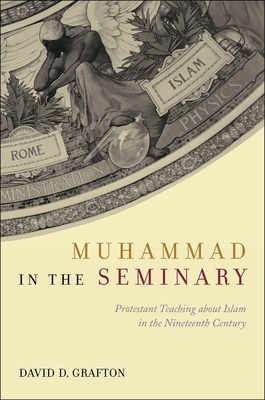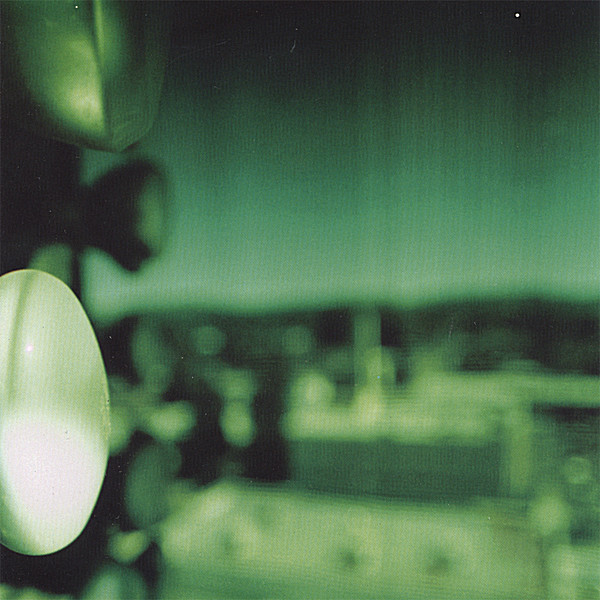
Grafton, David D.
product information
description
ries taught about Islam in their formative years Throughout the nineteenth century, Islam appeared regularly in the curricula of American Protestant seminaries. Islam was not only the focus of Christian missions, but was studied as part of the history of the Church as well as in the new field of comparative religions. Moreover, Arabic was taught as a cognate biblical language to help students better understand biblical Hebrew. Passages from the Qur'an were sometimes read as part of language instruction. Christian seminaries were themselves new institutions in the nineteenth century. Though Islam had already been present in the Americas since the beginning of the slave trade, it was only in the nineteenth century that the American public became more aware of Islam and had increasing contact with Muslims. It was during this period that extensive trade with the Ottoman empire emerged and more feasible travel opportunities to the Middle East became available due to the development of the steamship. Providing an in-depth look at the information about Islam that was available in seminaries throughout the nineteenth century, Muhammad in the Seminary examines what Protestant seminaries were teaching about this tradition in the formative years of pastoral education. In charting how American Christian leaders' ideas about Islam were shaped by their seminary experiences, this volume offers new insight into American religious history and the study of Christian-Muslim relations.
member goods
No member items were found under this heading.
Return Policy
All sales are final
Shipping
No special shipping considerations available.
Shipping fees determined at checkout.







